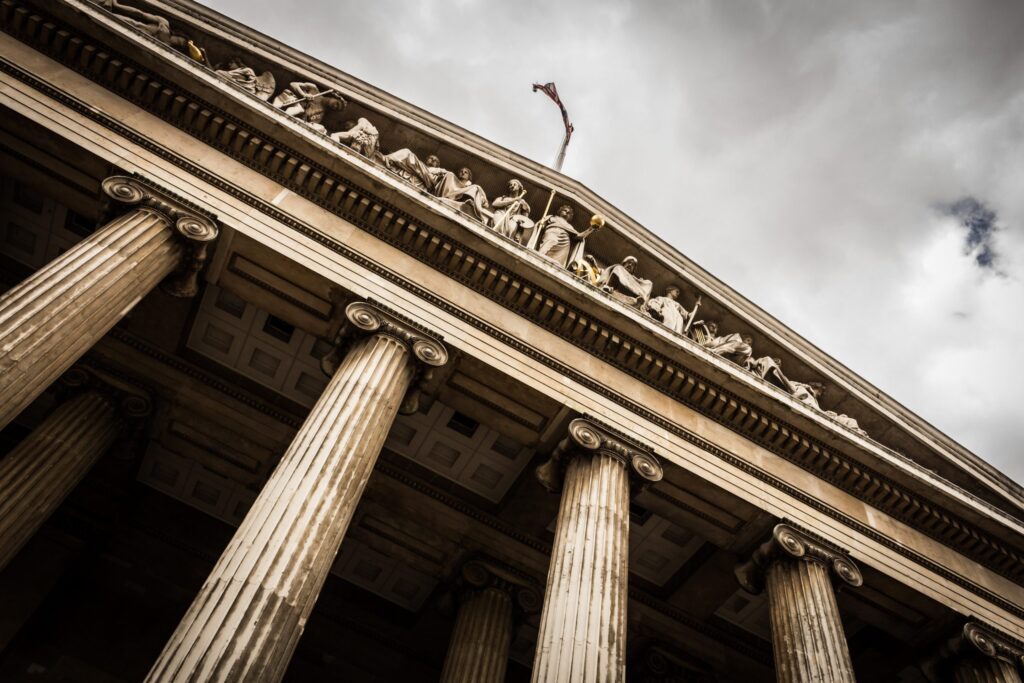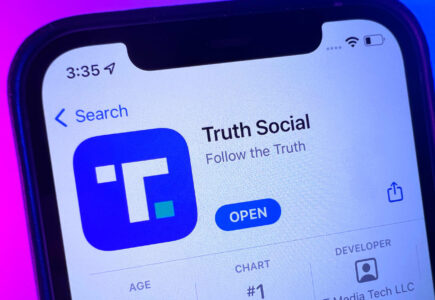SMI Aware’s experts are frequently asked about the admissibility of social media evidence in court and, furthermore, whether it is lawful to obtain this type of content. According to the ABA Model Rules of Professional Conduct, attorneys are expected to utilize technology, including social media, in order to provide competent and diligent representation to a client. Researching the online public presence of potential parties, witnesses, even your own client should be standard practice when preparing a complaint or conducting due diligence in anticipation of litigation. In fact, if the initial search revealed extensive social media content, you may want to monitor the subject regularly to collect potential new evidence, as well as update the search for major case activities (mediations, depositions, trial, etc.).
When it comes to the admissibility of social media evidence, the key is to make sure that you’re accessing the information in a permissible manner. Generally, a lawyer investigating a case may access the public portions of an individual’s social media account and try to identify whether any of their social media profiles may contain evidence relevant to the case. One must also consider the applicable ethics rules for conducting pre-litigation investigations – specifically, it’s inappropriate and unethical to bypass privacy settings or “friend” someone in an effort to gain access to private or non-public portions of the subject’s account. Moreover, this type of conduct can eliminate the admissibility of social media evidence in court.
It’s also important to note that information discovered on the public portion of an individual’s social media account can provide a “good faith belief” that relevant data will be found on non-public accounts belonging to the individual. In these instances you may be able to get a court order to access that data.
Therefore, it is imperative for legal teams to conduct ethical and compliant social media evidence collection. The most effective solution is to partner with a vendor that possesses the expertise required to ensure the admissibility of social media evidence in court. SMI Aware’s team of certified analysts utilize our proprietary technology to search social media, search engines, and the deep web, our in-house analysts locate, capture, and preserve the social media evidence that evades most investigators while complying with the highest standard of ethics and ensuring defensibility in court.
Here are some examples of the importance of social media in litigation:
2010
Romano v. Steelcase Inc. – A New York personal injury case from September 2010, the court granted the defendants access to the plaintiff’s “current and historical Facebook and MySpace pages and accounts, including all deleted pages and related information,” even though this information wasn’t publicly available. The reason? Her Facebook profile “shows her smiling happily in a photograph outside the confines of her home despite her claim that she has sustained permanent injuries and is largely confined to her house and bed.” The court ruled that allowing the plaintiff to “hide behind self-set privacy controls on a website, the primary purpose of which is to enable people to share information about how they lead their social lives, risks depriving the opposite party of access to material that may be relevant to ensuring a fair trial”. The court stated that there is no expectation of privacy, no matter what privacy settings were used.
2011
Zimmerman v. Weis Markets, Inc. – In this Pennsylvanian personal injury case from May 2011, the defendants established that there was privately protected content relevant to the case at hand based on the public information shown on the plaintiff’s Facebook page. The plaintiff’s Facebook page showed that his interests included ‘riding’ and ‘bike stunts’ and displayed recent pictures of the plaintiff with a black eye and his motorcycle after an accident. The judge ruled in the defense’s favor to permit discovery and they gained access to the non-public portions of the plaintiff’s Facebook and MySpace pages to refute the plaintiff’s claim that a forklift accident caused permanent injury to his health and wellness.
2013
Allied Concrete Company v. Lester – Another injury case, this was filed January of 2013 by Isaiah Lester, whose wife Jessica was killed in an car accident. Some of the information on his Facebook page appeared to be harmful toward his character. Fearing it could be used to discredit his client, Lester’s attorney told him to “clean up” his Facebook and MySpace accounts by deleting his insensitive photos, because “we don’t want any blow-ups of this stuff at trial.” Lester deleted the accounts, and his attorney’s office then signed discovery responses denying that he had any such accounts. The defense filed for a spoliation of evidence, which the judge ruled in favor for, ending in monetary fines for Lester and his attorney.
2014
Ingrid & Isabel, LLC v. Baby Be Mine, LLC – This June 2014 case is different from the others; in this trademark infringement case the plaintiff claimed that the defendant’s product, Belly Band was eerily similar to their trademarked product the Bella Band. The court compelled the defense to produce all customer comments on the defendant’s Facebook and Twitter accounts regarding the Belly Band as evidence of the trademark infringement.
2015
Crowe v. Marquette Transportation Company Gulf-Inland, LLC – In this January 2015 Louisiana case, an employee filed a workplace injury suit against his employer. During investigations, Crowe’s employer discovered that he had admitted in a Facebook message that he was injured during a fishing trip. The employer requested Crowe produce his entire Facebook account, instead Crowe deactivated his Facebook account and responded to the request stating he did not “presently have a Facebook account.” The court then forced Crowe to turn over the 4,000 Facebook archive pages, saying, “The Court is troubled by Crowe’s refusal to produce any responsive documents on the basis of the statement that he did not presently have a Facebook account. The records indicate that Crowe did not delete his account but deactivated it. It is readily apparent to any user who navigates to the page instructing how to deactivate an account that the two actions are different … Crowe’s efforts to avoid producing this material have unnecessarily delayed these proceedings and have wasted the time of his opponent and this Court.”
Social media data is available for both sides in a case. The question is, who will use the data to their advantage first?




